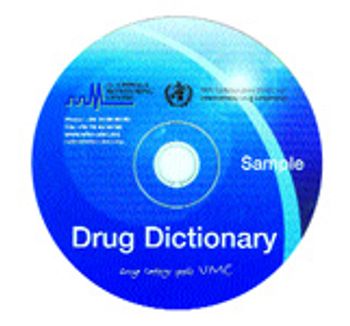
Applied Clinical Trials
The Uppsala Monitoring Center's WHO Drug Dictionary, Information Mediary's Med-ic Smart Package, and Relsys International Inc.'s Argus J

Applied Clinical Trials
The Uppsala Monitoring Center's WHO Drug Dictionary, Information Mediary's Med-ic Smart Package, and Relsys International Inc.'s Argus J

Applied Clinical Trials
Trepidation and concern have been central to many U.K.-based discussions on the impact of the EU Directive on Good Clinical Practice in Clinical Trials.1 Some have suggested that the constraints imposed by the impending legislation may stifle innovation, leading to a reduction in novel academic research and the closure of some research centers. Other academic institutions are worried over increased costs of registering for any research project and of training the staff in good clinical practice (GCP). Many are also awakening to the implication of having one registered sponsor for each study who carries an exceedingly heavy administrative and legal burden.

Applied Clinical Trials
The potential of the biotechnology industry to provide blockbuster products is clearly demonstrated by examples like Enbrel (for the treatment of rheumatoid arthritis in adults and of active polyarticular-course juvenile chronic arthritis), Remicade (for the treatment of rheumatoid arthritis and Crohn's disease), and MabThera (for treatment of stage III-IV follicular lymphoma and CD20 positive diffuse large B-cell non-Hodgkin's lymphoma). The EvaluatePharma database1 indicates that at least 265 biotechnology products are currently marketed globally, more than doubling the figure from 1995. It is clear that there are many more blockbuster products to come, with an additional 100 biotechnology products currently in Phase III/preregistration, and a further 1000 reported to be in active development.

Applied Clinical Trials
New requirements for clinical research teams, and administrative responsibilities and constraints for investigators conducting noncommercial trials.

Applied Clinical Trials
New technologies and research methods aim to reduce study failures and spur drug development.

Applied Clinical Trials
Daniel Callahan (University of California Press, Berkeley, CA, 2003), 341 pages, hardcover, ISBN: 0-520-22771-9. $29.95.


Applied Clinical Trials
In many parts of the globe, intended and actual effects of GCP legislation often differ.